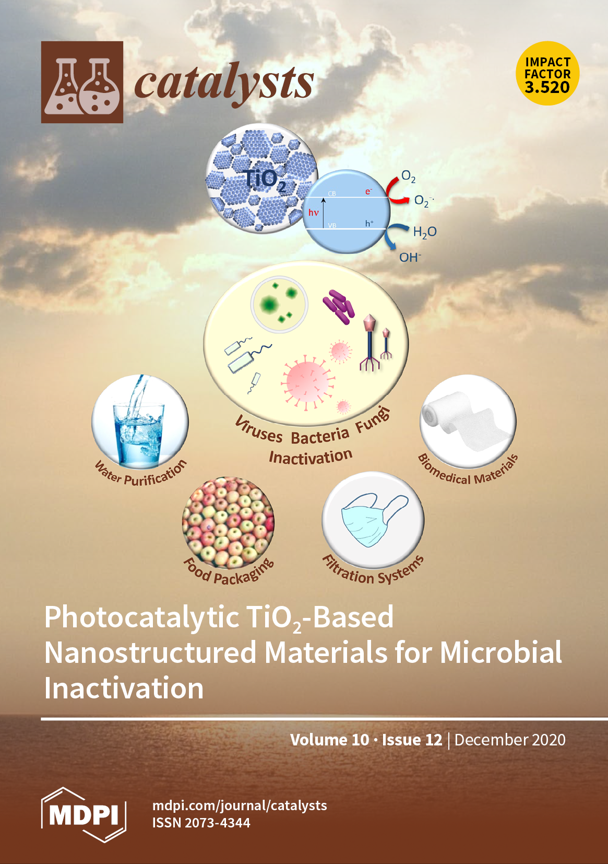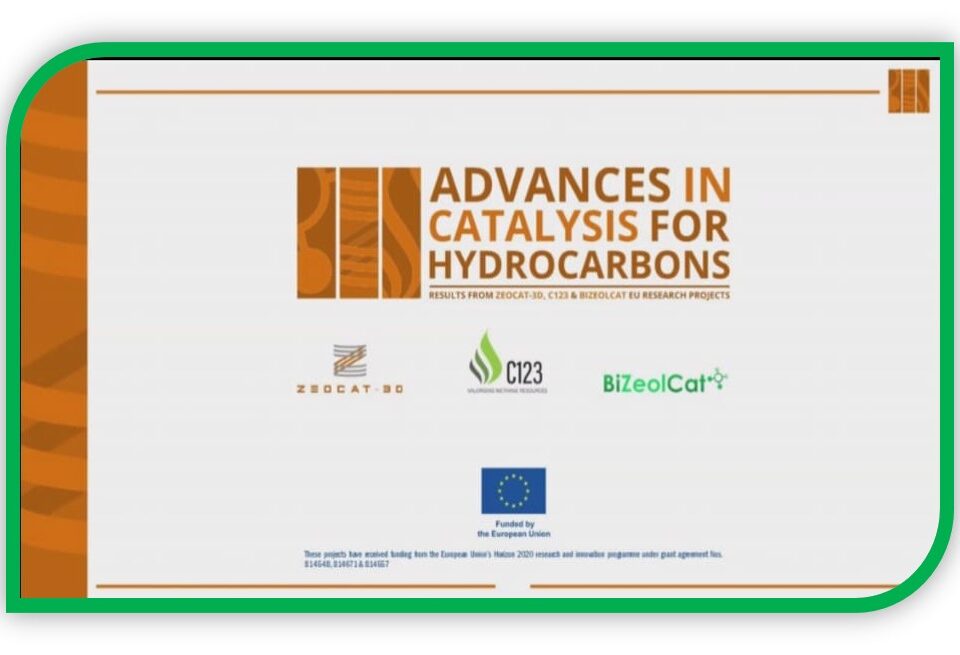- Have any questions?
- info@bizeolcat.eu

World Online Conference on Sustainable Technology (WOSCT 2021)
March 17, 2021
Webinar: New & innovative methods for the conversion of alkanes to olefins and aromatics
April 23, 2021Ab Initio Multiscale Process Modeling of Ethane, Propane and Butane Dehydrogenation Reactions: A Review

Ab Initio Multiscale Process Modeling of Ethane, Propane and Butane Dehydrogenation Reactions: A Review
Ab Initio Multiscale Process Modeling of Ethane, Propane and Butane Dehydrogenation Reactions: A Review
Authors: Luka Skubic ,Julija Sovdat,Nika Teran,Matej Huš ,Drejc Kopač and Blaž Likozar
Date: 01/12/2020
Olefins are among the most important structural building blocks for a plethora of chemical reaction products, including petrochemicals, biomaterials and pharmaceuticals. An ever-increasing economic demand has urged scientists, engineers and industry to develop novel technical methods for the dehydrogenation of parent alkane molecules. In particular, the catalysis over precious metal or metal oxide catalysts has been put forward as an alternative way route to thermal-, steam- and fluid catalytic cracking (FCC).
In this review article, alkane dehydrogenation overview was presented in terms of multiscale modeling. We concentrated on ethane, propane, and butane dehydrogenation, presenting in a thorough manner the studies which focused on theoretical modeling. Theoretical understanding can often provide an insight into the catalyst nature, especially when the surface is decorated with metal dopants, or when the geometry is complex with steps, kinks, or different shapes. In such cases, in silico techniques can often provide order-of-magnitude estimates and trends that can be used to compare different materials, and to be used as a guide for the catalyst synthesis and the experimental setup.
The main conclusion is that for each alkane dehydrogenation process, there exist various catalysts, which show different performance. While Pt-based catalysts are most common among all processes, we find that other types are studied and provide different advancements in terms of cost, environmental issues, and/or catalytic performance such as selectivity, conversion, activity, degradation, etc. Another important aspect that we consider is whether the dehydrogenation process is oxidative or non-oxidative.


